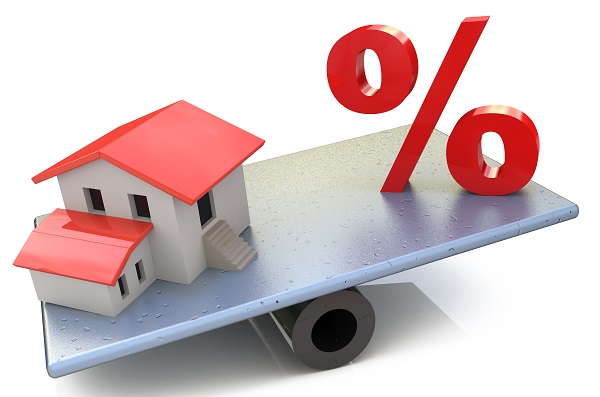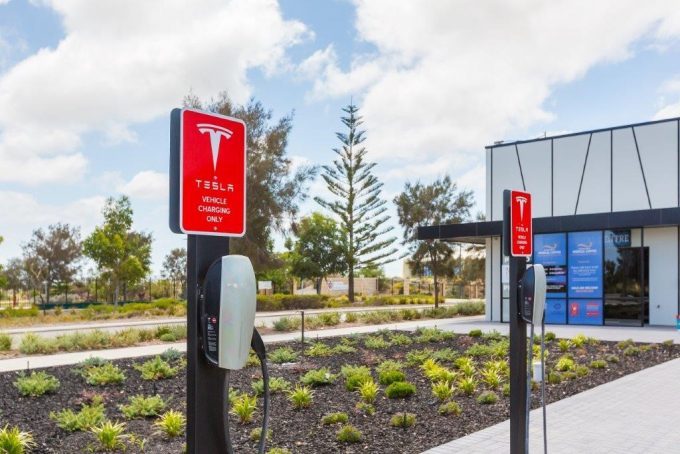
Ditch the marketing no-nos bringing you down
Bad Habits: 5 things hotel marketers should stop right now
April 17, 2018 • By tambo
Usually, we offer insight on the hotel marketing tactics, tools and strategies you should adopt to drive more revenue to your hotel: add chat to your hotel website. Focus on this webpage as your SEO secret weapon. Try these tips on your mobile website, etc…
Today, we want to turn things around and recommend a few things NOT to do!
From our experience, here’s five negative habits inhibiting hotel marketers from reaching their full revenue-generating potential:
1) Using the wrong message to fight OTAs
Travelers aren’t as obsessed with low prices as you may believe. According to a recent JD Power & Associates’ North America Hotel Guest Satisfaction Index Study, customers who booked on third-parties are more likely to face problems (like last-minute changes and canceled reservations) and be dissatisfied with their hotel experience.
It’s no secret that OTAs have left thousands of travelers in the lurch with their cancellation policies and ability to change/reassign hotels at their own discretion.
[pro_ad_display_adzone id=”27469″ align=”left”]So, use that your advantage. Remind customers that booking direct with your hotel is the SAFER option. Unlike OTAs, you have a staff that actually, truly cares about them and will do all that’s possible to avoid and quickly amend any issues.
2) Tolerating an Inferior Product
Not even the most creative hotel marketing strategies, sophisticated hotel booking engine, or targeted hotel ppc campaigns can compensate for a sloppy hotel experience. Just as the saying goes, “You can’t put lipstick on a pig,” you can’t cover the signs of your hotel’s frayed edges or lapses in service. Travelers are more sophisticated than ever and they’re well aware of their options, especially with so many shiny and new boutique hotels stealing their attention.
While you can’t decide what gets fixed and replaced, that shouldn’t stop you from diligently pointing out to your owners what guests are complaining about. Each year, leverage your guest reviews that show the shortcomings that are deterring guests and hindering revenue growth. Convince your owners that property upgrades and enhancements are urgent if they want to compete in today’s marketplace.
3) Working in a Silo
It’s a common scenario playing out in hotels across the globe:
Hotel marketing departments that don’t communicate, share resources or vital updates.
The result?
Marketers left in the dark about upcoming periods of weakness. Group sales managers with no leads. Revenue managers clueless about why marketing continues to target one audience (or date period) over another.
It’s time to end this disconnect.
Your entire hotel and its financial success depend on all three pillars of the sales & marketing platform working together in unison and towards the same revenue goals. One easy way to break down these silos is to schedule an all-team meeting every week. This meeting should include ALL associates, not just managers. Share your current priorities, upcoming projects, recent discoveries, ask for feedback and share resources.
This not only gives every team member access to what’s happening outside of their department, but it also fosters teamwork and enhances collaboration that results in success across all S&M departments.
4) Ignoring the sales team
Meetings and events account for a major portion of your hotel’s revenue.
Yet, hotel marketers tend to solely focus on driving leisure business, leaving sales managers to generate their own group leads.
This is a dangerous habit, as more and more hotel owners and asset managers become less impressed with your branding initiatives or your hotel’s number of social media followers and more obsessed with how much you contribute to your property’s revenue.
So start using your skills in digital marketing for hotels to champion the sales team’s efforts and drive group business. Smart hotel marketers do three fundamental things to support their sales teammates:
a. Run campaigns that consistently engage the sales team’s high-value targets (HVTs) with relevant and entertaining content
b. Deploy marketing automation tools to alert sales managers when HVTs are on the hotel website and what pages they are looking at…
c. Optimize the meetings and events pages on the hotel direct website with ALL the resources meeting planners need… AND create compelling content showcasing your destination as an exciting locale for meetings and events attendees
5) Focusing on meaningless stats
Because the best hotel marketers know they’re only as good as their metrics, measurement and tracking of key performance indicators (KPIs) are an ongoing commitment.
However, with more sophisticated technology comes more data.
While analytics are vital for doing what we do, we’re also burdened with an avalanche of irrelevant KPIs stealing our attention from the metrics that actually matter.
Don’t get dragged down trying to keep up with useless numbers, such as bounce rate, online page views and social media followers.
Instead of leaning on metrics that only sound impressive on paper, pay attention to the numbers that will actually measure your contribution to hotel revenues. Every day, you should be checking the KPIs that actually matter to your hotel’s owners and asset managers, including:
- MCPB (marketing cost per booking): Tracks the cost of each sales and marketing channel versus actual conversions. Try using this for OTA commissions as well… and see how that channel stacks up versus your other campaigns.
- DRR (direct revenue ratio): Measures percentage of online revenue from direct sources (your website) versus pricey third-party sources, like OTAs. If you’re not garnering 40 percent of your revenue from direct reservations, you still have work to do!
- Website conversion rate (from unique visitor to entrances into the booking environment): Converting a higher percentage of visitors into booking searches (or phone calls) is critical to reducing your cost of revenue and MCPB.
- Variance from revenue target: This metric showcases revenue goals versus actual results (by segment).
Tambourine is a US-based marketing, booking and distribution service that helps hotel and travel marketers sort it all out. It delivers a 360º program that reduces stress and increases revenue.











Oh how true on the OTA’s, they are doing more and more to drive dissatisfaction of their booked accommodation.. and it looks to be getting worse rather than improvement